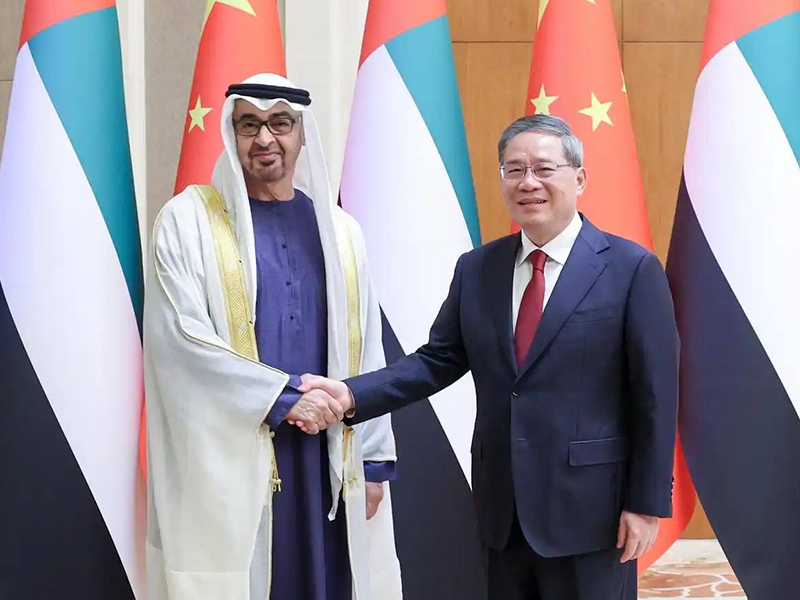
The UAE is poised for 4% economic growth in 2025, driven by its expanding non-oil sectors like tourism, construction, and financial services, despite reduced oil production. The IMF highlights the country’s strong banking sector and ongoing efforts to diversify its economy. With ambitious reforms and a focus on green energy, the UAE is positioning itself as a global model for sustainable, post-oil growth.
BRICS bridge- In 2025, the United Arab Emirates is set to take another major step in the economic climb. According to International Monetary Fund (IMF) estimates, it is projected to be 4% growth, which will be a remarkable outcome in light of the expected fall in oil production due to the OPEC+ deal. This growth is driven by the success of the UAE’s robust non-oil economy, which has expanded in recent years due to booming tourism, construction, financial services, and public spending. With its visionary economic reforms and investor-friendly policies, the UAE has succeeded in attracting large inflows of FDI. The IMF report predicts inflation stabilizing at 2 percent in 2025, and a fiscal surplus of 4 percent of GDP and a current account surplus of 7.5 percent of GDP, sufficient to finance over 8.5 months of imports.
Another beneficiary with important ramifications for the economy is the banking sector, a notable bastion of UAE strength. Emirati banks are performing well amid an exceptionally solid capital base and a significant proportion of high-quality assets, the IMF said. So far, domestic economic growth and rising demand for credit have given a lift to banks’ profitability, despite the headwinds of elevated rates. And also interestingly, UAE banks’ share of exposure to the real estate sector has declined 4 percentage points—from December 2021 to September 2024—to 19.6%. However, the IMF has advised caution, warning that property price rises could pose a risk to the housing market.
The UAE is at the threshold of a new era, an era that will be revolutionary. This foundation for long-term, sustainable growth has involved everything from hosting the G20 Summit to ambitious green energy initiatives. The IMF highlighted that these reform efforts will not only propel the UAE’s economic progress but will also shape it as an example for other emerging markets. The big question is whether the UAE can keep the momentum going and stay ahead of its global rivals in the race to develop a diversified, post-oil economy.

